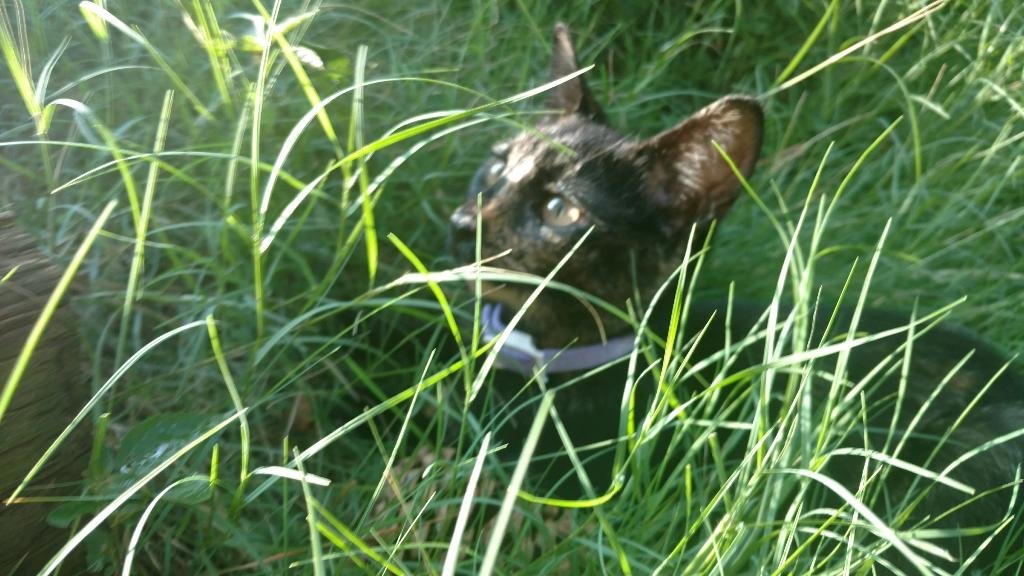Apparently the sweet peppers this week had a bit of a kick to them... Sorry! They were supposed to be a mix of Mira and Oda, both of which were completely sweet when I grew them last year. Though I did save seed from the row furthest from the hot peppers and kept my fingers crossed that they wouldn't cross pollinate... *facepalm*
One of my projects for the fall is going to be to open up a new patch near the brooding shed to devote to seed saving. It's not going to be quite far enough away for 100% pure strains (some plants need to be separated by a quarter mile or more) but it ought to be good enough for the things that I've found tend to shift out of availability from year to year. Our seed supply is pretty fragile - most seed companies source from growers, and there may only be one or two growers for some of the specialty varieties. I've had a number of crops that did great for me one year, and then were unavailable when I tried to buy seed for the next year. Anyone remember the Gakha squash from 2 years ago? Five plants were responsible for close to 500 lbs of produce, but I haven't been able to find seed since.
The other advantage to saving my own seed is that I'll start to develop varieties that are adapted to our specific location. Before starting at Ecosystem, I had a line of Beauregard sweet potatoes that I'd propagated for four years in the community garden I was managing. Unfortunately, it didn't make the transition to my front yard, and I lost the stock.
The disadvantage to a seed garden? It's one more thing to manage. But in a world filled with systems that seem more and more fragile, I'll rate saving the seeds that might well be required to feed us pretty high up on the list. Along with learning to make the compost that could prove key to sequestering carbon and reversing climate change. But that's a story for next week's happening. ;)


